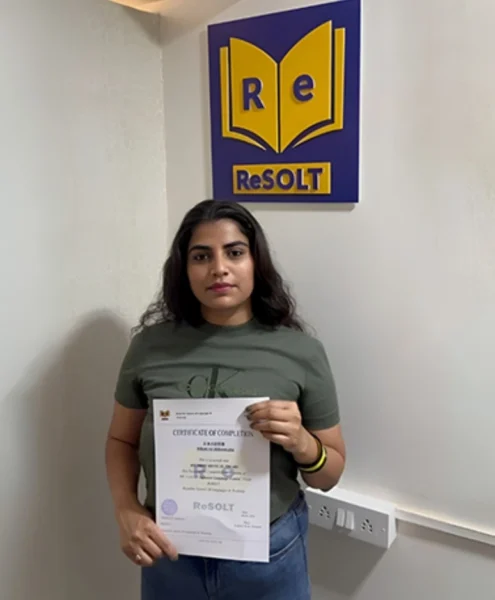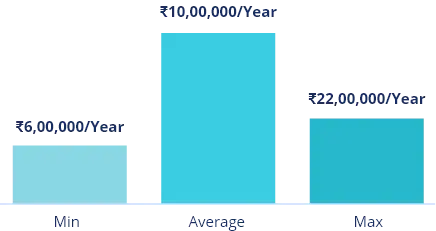1. Most Spoken Language
German is widely spoken across Europe and serves as the second native language in several countries like Germany, Austria, Switzerland, Luxembourg, and Liechtenstein.
2. Foreign Investment
Germany is a major player in exports, trading extensively within Europe and globally, particularly with the United States, where over 2000 US companies engage in trade with German-speaking countries.
3. Academic Prospects
The German government provides numerous scholarships and support for foreign students, offering quality education across various fields and sometimes even holiday working visas.
4. Business
Knowing German is advantageous in business settings as it avoids misunderstandings that can occur with interpreters and facilitates effective communication with German-speaking business partners, who often prefer dealing with personnel fluent in their language.
5. Research & Scientific Progress
A significant amount of scientific research is published in German, contributing significantly to global scientific progress. Accessing this research directly can be beneficial as some information may be lost in translation from German to English.
6. Employment Prospects
German proficiency opens up employment opportunities, especially in the hospitality and tourism industry, given its widespread use as a second language in many European and non-European countries and among world travelers. Germany, being technologically advanced, also offers prospects in various sectors.







